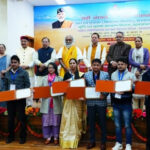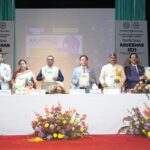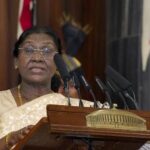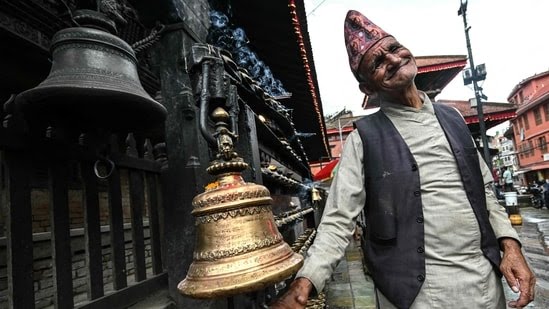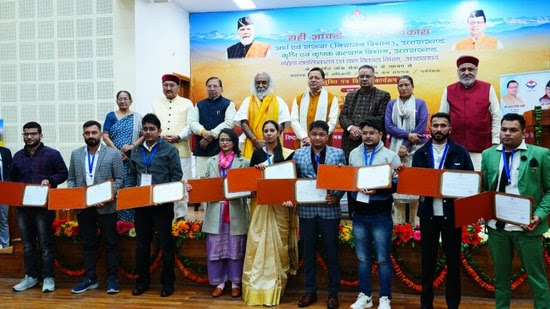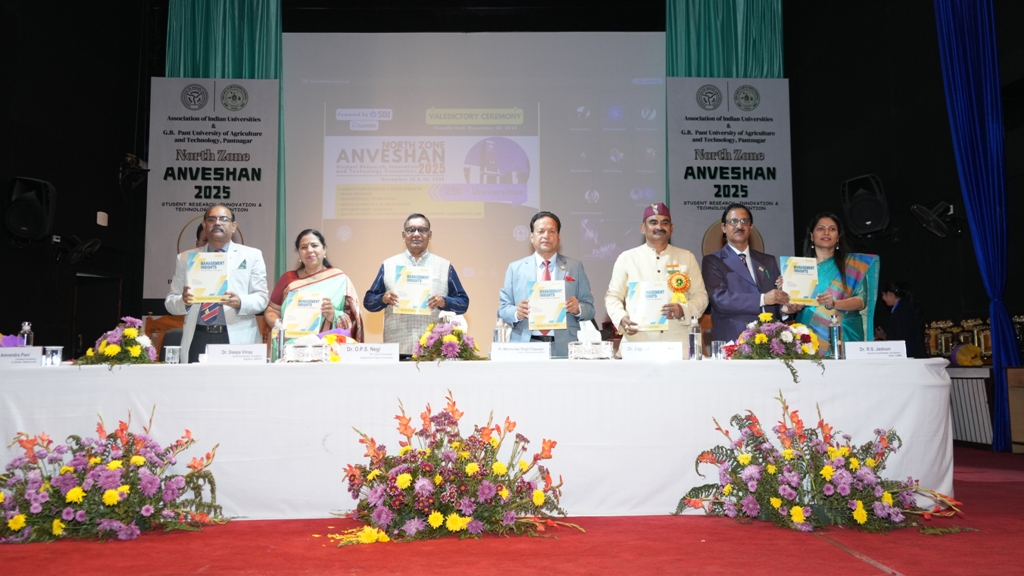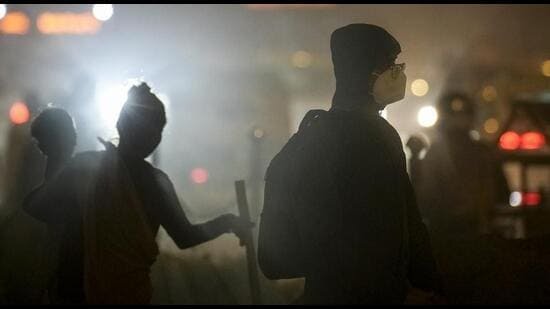Himalaya Harbinger, Uttarakhand Bureau
After days of violent protests against corruption, Nepal’s capital began returning to normalcy on Saturday, with curfew restrictions eased and Sushila Karki sworn in as the country’s interim prime minister.
Soldiers who had flooded Kathmandu’s streets earlier in the week scaled back their presence, while markets reopened, traffic resumed, and families went to temples.
The calm followed violent demonstrations that toppled the government, left parliament in flames, and killed at least 51 people, the worst unrest since the end of Nepal’s civil war and monarchy in 2008.
On Friday evening, 73-year-old former chief justice Sushila Karki took oath as interim leader, tasked with restoring order and meeting protesters’ demands for a corruption-free future.
Elections have been scheduled for March 5, 2026.
Public welcomes Karki’s appointment
“Nepal has got its first woman prime minister,” AFP quoted Suraj Bhattarai, 51, a social worker, as saying.
We think that the prime minister, our former chief justice, will address Nepal’s fight against corruption and take good governance forward,” Bhattarai added.
“We think that the prime minister, our former chief justice, will address Nepal’s fight against corruption and take good governance forward,” Bhattarai added.
Karki’s appointment, negotiated by army chief General Ashok Raj Sigdel and President Ram Chandra Paudel after talks with “Gen Z” protest leaders, appeared to have broad public support. Many young activists had used the app Discord to push her name as their choice for the role.
“The interim government decision is good for now,” said Durga Magar, 23, who works in a Kathmandu shop. “The main issue for the people, especially young people, at this time is corruption. It doesn’t matter whether it is Gen Z, or anyone older in politics who tackles it — it just needs to stop.”
Prime Minister Narendra Modi also extended “best wishes” to Karki, saying New Delhi was “firmly committed to the peace, progress and prosperity of the people of Nepal.”
Big challenges ahead
Even as normalcy is slowly returning to Nepal, big challenges loom large. More than 12,500 prisoners who escaped during the chaos remain at large, while the promise of uprooting entrenched corruption will test the interim government’s credibility.
For many Nepalis, Karki’s rise marks a departure from the old guard. KP Sharma Oli, who resigned on Tuesday, had been prime minister four times. “They were playing a game of musical chairs,” said Kathmandu businessman Shikhar Bajracharya, 32. “There was no possibility for younger people to come into power.”

